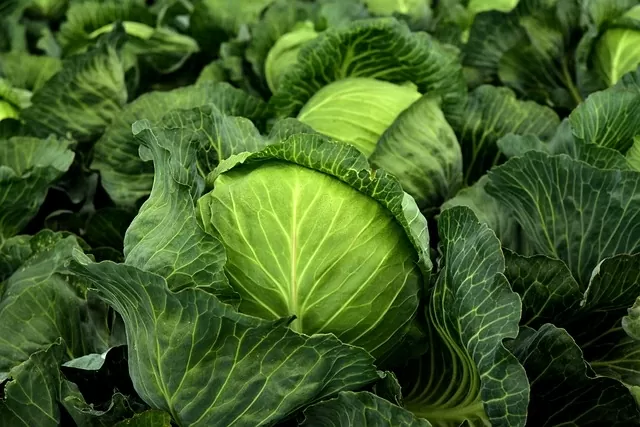Eating lots of cruciferous vegetables may reduce the risk of colon cancer. (Source: Pixabay) |
Colorectal cancer is the third most common cancer and the second leading cause of cancer death worldwide , with approximately 1.9 million new cases each year and nearly 904,000 deaths in 2022 alone.
Among the factors influencing disease risk, diet is considered one of the most powerful and controllable.
The research team analyzed data from more than 17 studies (7 cohort studies and 10 case-control studies) with a total of 639,539 participants, including 97,595 cases of colon cancer.
The results showed that supplementing with just 20g of cruciferous vegetables per day began to have a clear protective effect, reaching maximum effectiveness in the range of 20-40g. When exceeding 40g/day, the benefits did not increase and remained stable in the range of 40-60g.
Cruciferous vegetables are rich in flavonoids, fiber, vitamin C, and carotenoids, and are also high in glucosinolates — compounds that break down into biologically active isothiocyanates when chewed, notably sulforaphane.
These substances have diverse anti-cancer protection mechanisms: Blocking enzymes that activate carcinogens, activating the apoptosis of malignant cells, inhibiting the formation of blood vessels that feed tumors and slowing the cell cycle, thereby limiting uncontrolled growth.
The results also suggest that geographic factors may influence the level of protection: The effect was more pronounced in studies in North America and Asia, while less evident in Europe and Australia.
The researchers note that although this finding suggests a link between cruciferous vegetable consumption and colon cancer risk, caution should be used in interpreting it due to methodological limitations, differences in study design, and dietary assessment.
Source: https://baoquocte.vn/rau-ho-cai-giup-giam-nguy-co-ung-thu-dai-trang-325238.html







![[Photo] Many people eagerly await the preliminary review despite heavy rain](https://vphoto.vietnam.vn/thumb/1200x675/vietnam/resource/IMAGE/2025/8/27/4dc782c65c1244b196890448bafa9b69)

![[Photo] Panorama of the 29th Congress of the Party Committee of Nhan Dan Newspaper](https://vphoto.vietnam.vn/thumb/1200x675/vietnam/resource/IMAGE/2025/8/27/aa31210f7e2b47de948b2b60dde20aff)





























































































Comment (0)